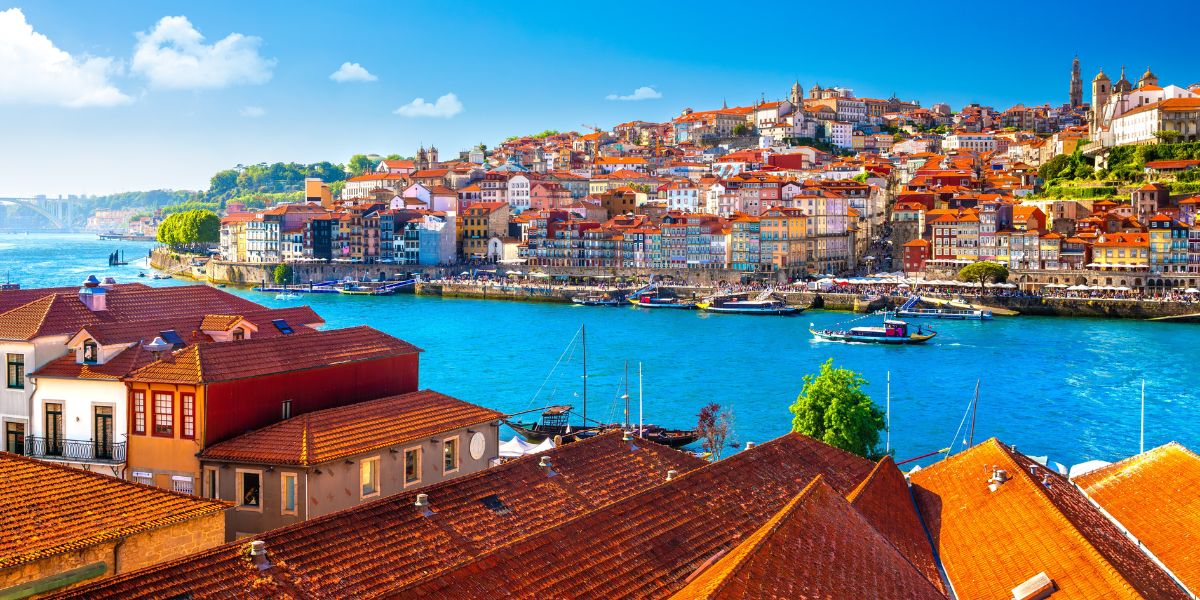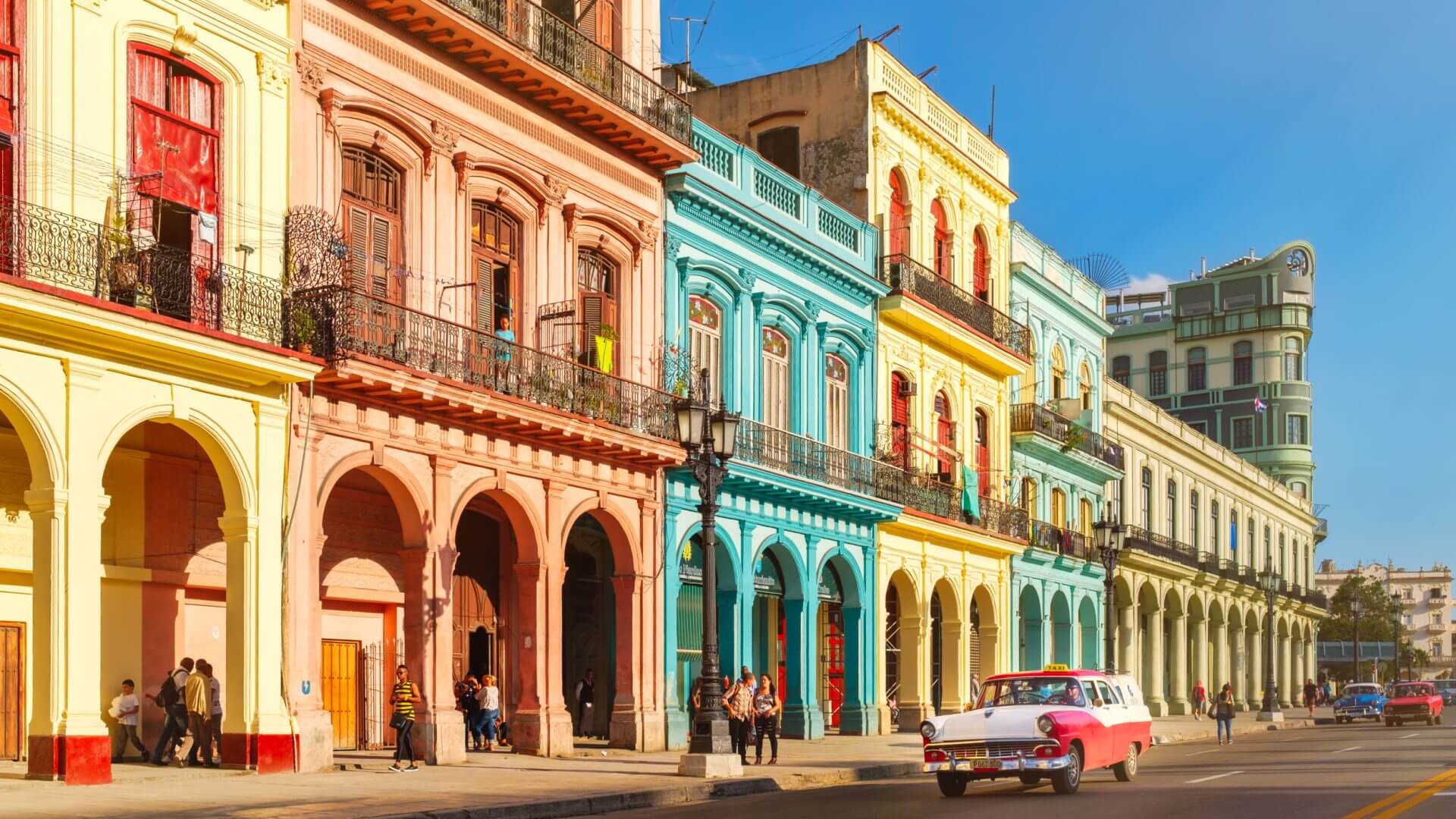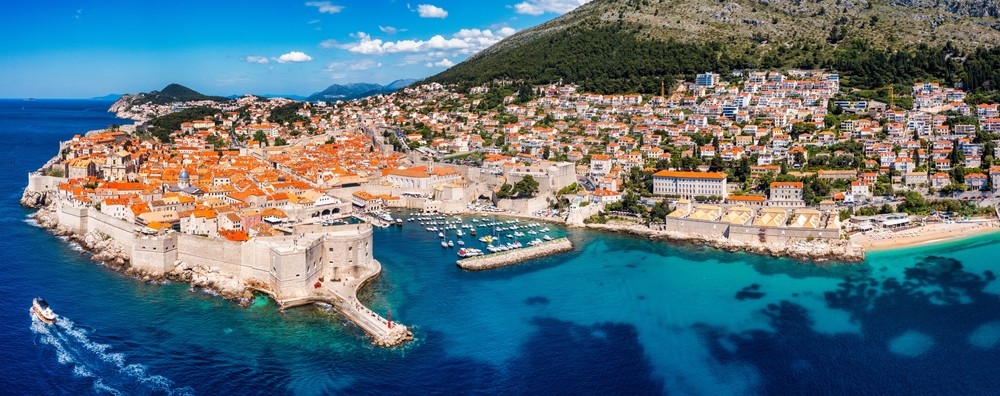Part One – Cuisine helps define people, their country and their culture.
I consider myself a genuine “Foodie” and after over 30 years in the travel business I have found that to a degree so is everyone else. They might not label it as such but they are. People’s food preferences are very strong and I could write a book on that topic alone. I believe that what we eat is much more than the necessary consumption of calories from certain healthy “food groups”. Food is language, history, passion and one of the main reasons the world was explored and by chance, discovered. It was the search for new spices more than geography that financed ships! More than one war began or ended at the banquet table.
As in the United States, Israel is an ethnic melting pot of cultures, religions and immigrants. I find it most interesting that Israel has been evolving for thousands of years as compared to America’s 237 and yet the food and wine scene is remarkably similar. The food and wine of Israel is extraordinarily diverse and is of a very high standard. 80% of Israelis are Jews of which more than half were born on Israel. However, most of their parents, grandparents or great grandparents came to Israel from more than 120 countries bringing with them foods, recipes and food traditions from six continents. The 20% non-Jewish Israelis have their own food traditions. Since Israel is part of the western world, very little happens in Los Angeles, London, Tokyo and Paris that doesn’t find its way to Israel in a couple of weeks. Put it all together and you have the ingredients for one of the most dynamic, fascinating and delicious food environments on the planet Earth!
Had you asked an Israeli 25 or 30 years ago what was the countries typical fare, the answer would have probably been falafel, humus, tehina, with a side order of couscous and gefilte fish. Much has happened since then and all of those dishes still exist. The first four are standard, but Israel has it all now from hamburgers (Israel’s first McDonalds opened in the 90’s) to pizza and sushi. Actually, there are more sushi restaurants per capita in Tel Aviv than any other city in the world, including Tokyo. The cuisines of India, China and to some of the influences of Paris, Brussels, Lyon, Barcelona and New York, the Israel food scene is utterly sophisticated and in step with the latest trends. Many of Israel’s leading chefs have studied, prepped, and apprenticed at some of the finest restaurants in the world bringing international personality with them and their talent.
I think it is awesome that there are restaurants in Israel that serve cuisines that exist nowhere else on Earth, particularly the cuisines from areas now devoid of Jews such as Salonika, Dubrovnik, Tripolitania, Mesopotamia, Persia, Yemen and Bukhara.
Actually there are but two elements that make the food of Israel so unique. One is location on the shores of the Mediterranean. Like Turkey, Greece, Italy, France and Spain, Israel’s cuisine reflects the warm sun, the olives that grow on its trees. The olive oil pressed along with the breads, fish and meats have made the Mediterranean Sea the source of what is considered by many as the world’s healthiest diet. Quite simply the source of the best things anyone could eat. Secondly, Israel produces a most splendid quality of fruits, vegetables and dairy products. From Jaffa oranges first exported to Europe in the 1930’s to the kiwis, star fruit, tomatoes, peppers, flowers, yoghurts and to cheeses exported today.
Israeli cuisine is as varied as American and as multi-cultural. It is traditional and personal. It is part of Israel’s history and in some cases history itself. It can stand alone and be a small part of something much larger. For a country approximately the size of New Jersey, Israel’s influence on the world is phenomenal! One would not expect food to be an exception.
Next Week: The wines of Israel … Now, second to none!












